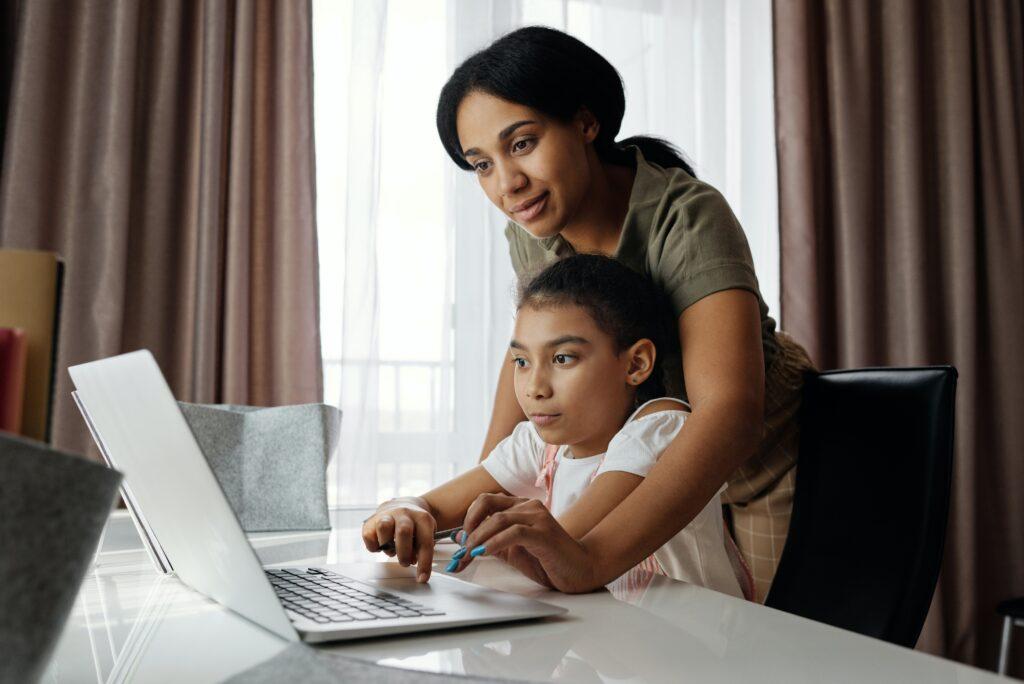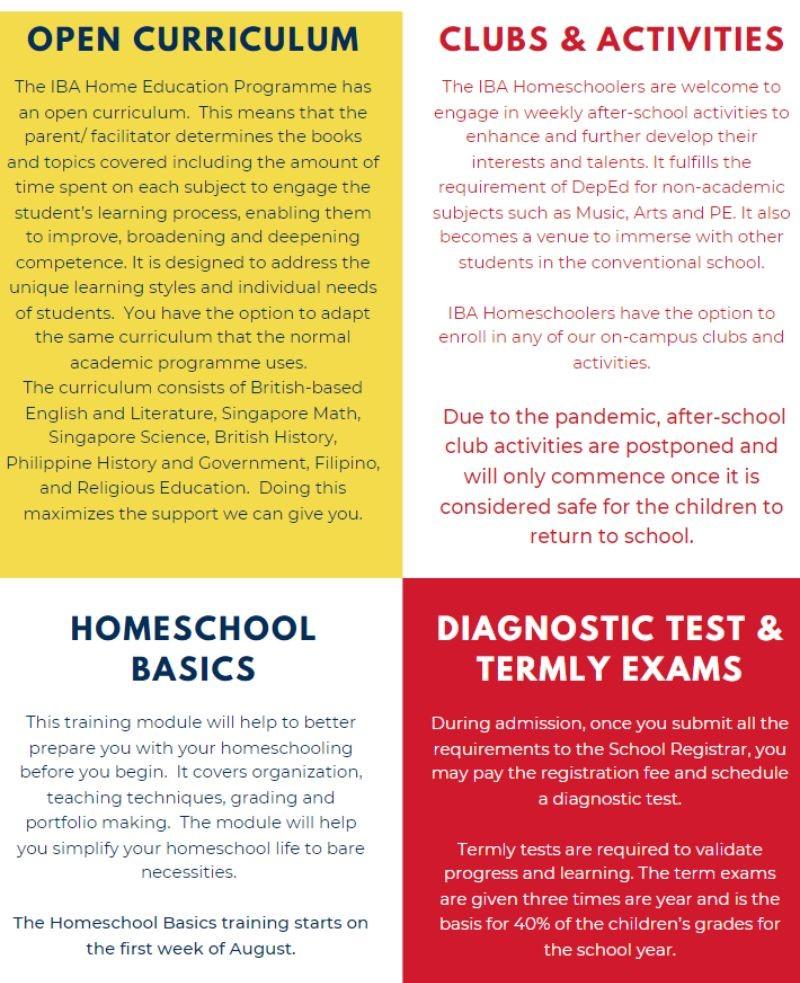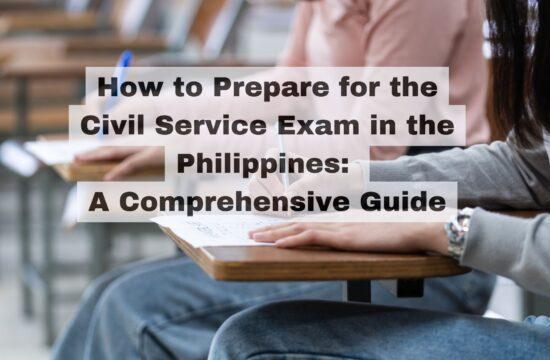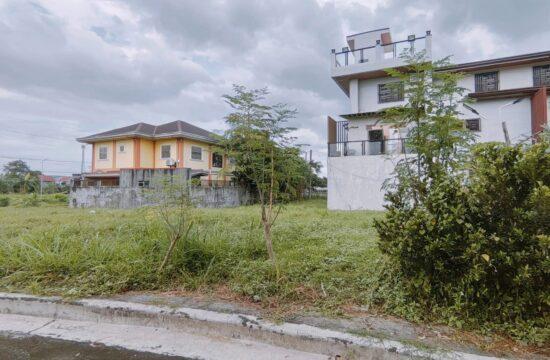In recent years, homeschooling has gained momentum as an alternative approach to education in the Philippines. With its unique advantages and potential drawbacks, homeschooling presents families with a different way to educate their children. For this school year, we decided to give homeschooling a try and enrolled them in the International British Academy Homeschool Programme in Imus Cavite for their Primary Years.
For some, this is something new, but it’s been in the Philippines for quite a while now and is slowly gaining popularity. And in every approach, there will always be advantages and disadvantages. Here are some of them.

Advantages of Homeschooling in the Philippines
Personalized Learning
One of the primary advantages of homeschooling in the Philippines is the ability to tailor the curriculum to each child’s learning style, pace, and interests. This approach can lead to a deeper understanding of subjects and a more enjoyable learning experience.
Cultural and Religious Values
Homeschooling allows Filipino families to integrate their cultural and religious values into the curriculum. This ensures that children receive an education that aligns with their family’s beliefs and traditions.
Flexible Schedule
Homeschooling provides families with the flexibility to create a schedule that suits their lifestyle. This can be especially beneficial in a country with traffic congestion and unpredictable weather conditions.
Strong Family Bonds
Homeschooling fosters strong family connections as parents actively engage in their children’s education. Learning becomes a shared experience that promotes open communication and understanding.
Safety and Security
In a nation where safety concerns are prevalent, homeschooling offers a controlled and safe environment for children to learn without exposure to potential risks in traditional schools.
Language Flexibility
In the Philippines, where multiple languages are spoken, homeschooling can accommodate language preferences and ensure that children are proficient in their mother tongue.

Disadvantages of Homeschooling in the Philippines:
Limited Social Interaction
One of the concerns with homeschooling is the potential lack of socialization opportunities. Filipino children might miss out on the diverse social interactions that traditional schools offer.
( With the International British Academy Homeschool Programme, we will take them to school so they can participate in clubs and other sports activities. They also have football training twice a week which will help them improve their socialization. )
Educational Resources
Homeschooling requires access to quality educational resources. In some areas of the Philippines, obtaining these resources can be challenging and costly.
( With the availability of resources online, this should not be a major concern)
Teacher Qualifications
Homeschooling demands that parents or guardians have the necessary knowledge and expertise to teach various subjects. Not all parents may feel equipped to provide a comprehensive education.
Regulatory Hurdles
Homeschooling regulations vary across regions in the Philippines. Navigating these regulations can be complex and time-consuming for families.
(The International British Academy Homeschool Programme uses an Open Curriculum which uses a normal academic program with added British-based English Curriculum, Singapore Maths and Science, British and Filipino History, and Values Education)
Transition to College
Some Philippine universities may have specific admission requirements for homeschooled students. Parents need to ensure that their children meet these criteria for a smooth transition.
Balancing Work and Teaching
In a country where many parents work long hours to support their families, finding a balance between work responsibilities and homeschooling can be challenging.
(We divide our time, I will teach them in the morning, and the other in the afternoon. It worked out well and doesn’t really affect much on our work duties.)
Homeschooling in the Philippines, as in any other country, demands careful consideration and planning. Families must balance the benefits against the challenges and assess their capacity to provide a well-rounded education. Fortunately, both of us were working as educators, which I consider an advantage in our decision to homeschool, and International British Academy in Imus Cavite I think is a good choice to homeschool our kids.
Int

Just remember that before making a decision to homeschool your child, you should have a deep understanding of the advantages and disadvantages. By recognizing the potential benefits of preserving cultural values and tailoring education to individual needs, families can make an informed choice that aligns with their aspirations and creates a foundation for lifelong learning.




















